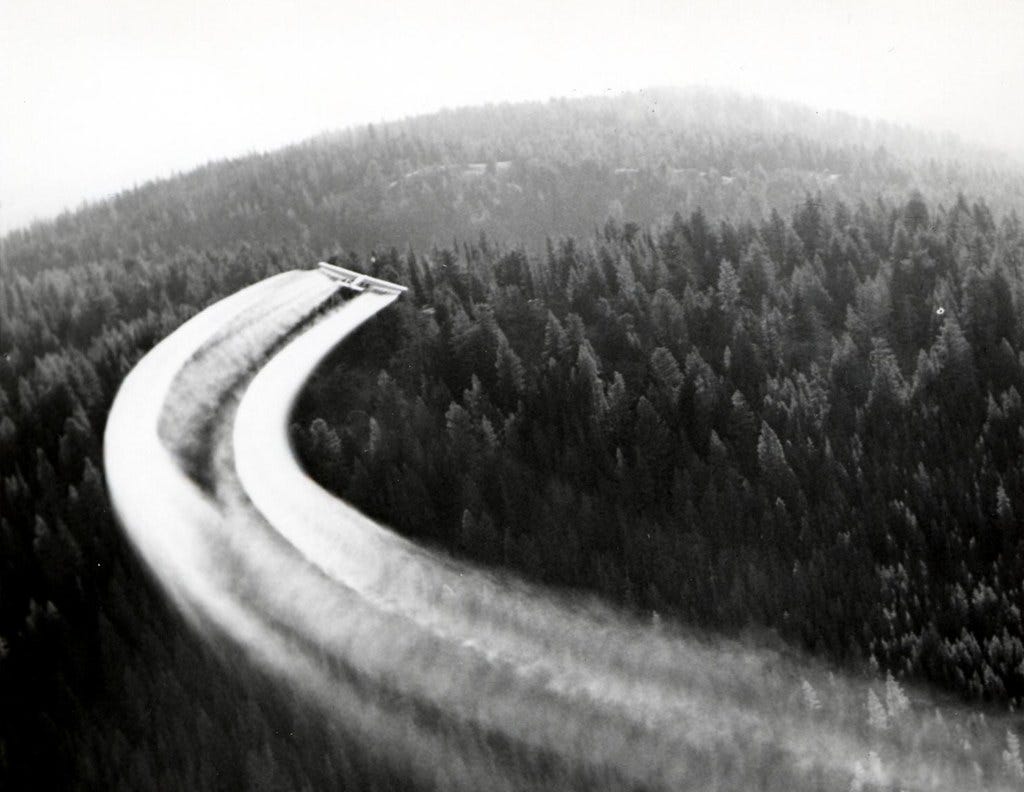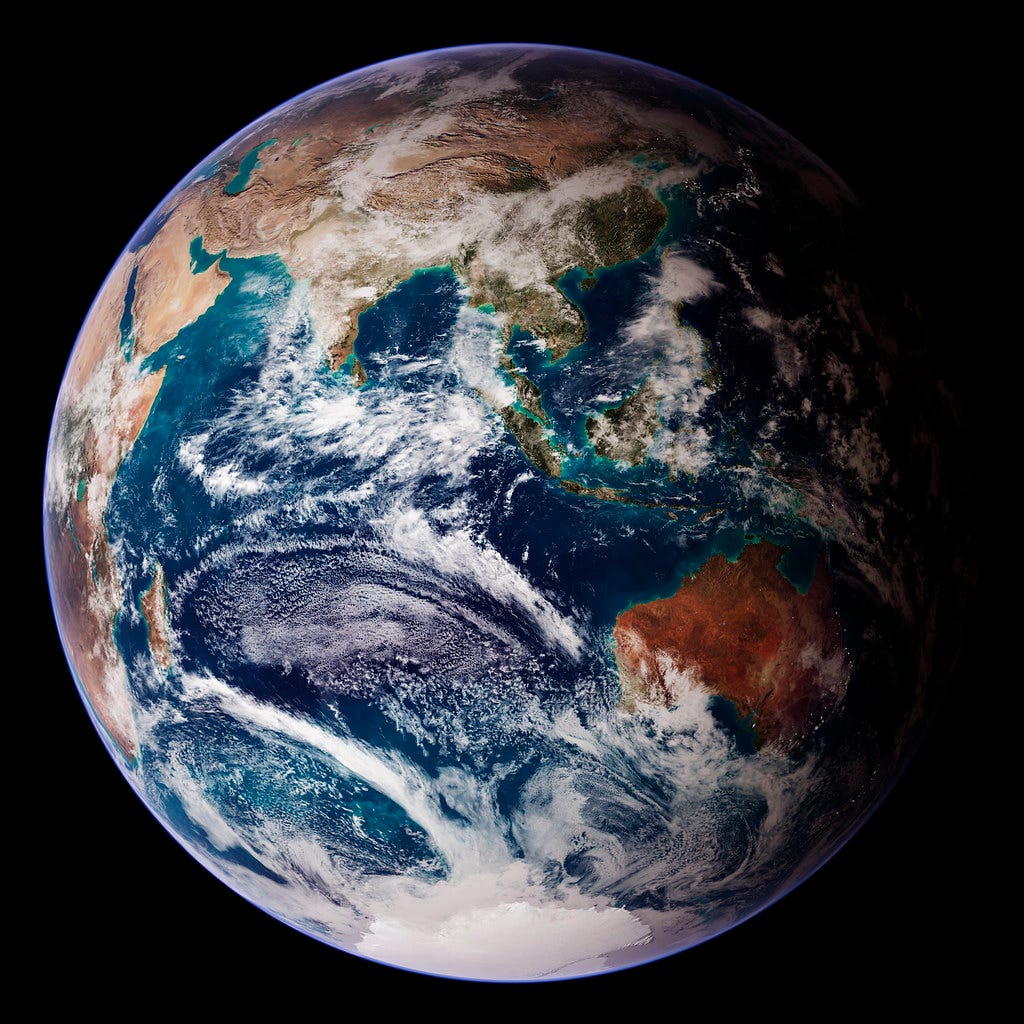Bill Bradbury: Denier-Doubter-Activist
Changes will not be easy, and will take time and global commitment. If we act quickly and decisively, we can head off the worst impacts of climate change.
Housekeeping
Read the introduction to Kevin Frazier’s book, Rediscovering the Oregon Way, here. A chapter will be released every Saturday.
Look forward to posts from David Frank, Bruce Abernethy, and Ron Paradis.
Snag one of the final spots — sign up for the PB & Joy project and help identify shared values across Oregon.
To the post!
Bill Bradbury is the former Oregon Secretary of State.

In my early climate presentations (2007-2009) all across the state of Oregon, I could announce a “townhall” as Secretary of State and often more than 100 people would attend. Obviously, in such a large audience, there would be climate doubters and deniers. The two groups—doubters and deniers—are often conflated, but there’s an important distinction between the two.
I remember a presentation in La Grande in northeast Oregon – very rural with the main activities being farming wheat and raising livestock. Several doubters showed up with very real questions and asked them in a considerate and straightforward manner. I did my best to answer their questions and we all went away feeling just fine.
Deniers are a different story. As a state elected official, I announced my climate townhalls on my website and through press releases. A group of the same five deniers came to virtually every townhall for a while and “asked” the same question that would often be a five-minute statement with no question attached. I learned that questions need to be at the end of the presentation, not during (otherwise I would never finish the presentation). I would ask participants to hold their questions to the end, and actually have questions – that generally worked!
Deniers were mostly saying “it’s just the weather” not a fundamental shift in the planet’s climate. As storms grew more severe and droughts deepened in more recent years, deniers did not dispute the climate changes, they just denied any human impact on the climate. After all, they argued, humankind cannot really affect such a large planet, and all the changes are explained by the earth’s normal cycles.
As with most things, a change in perspective would have helped these deniers come to a different conclusion. From their spot on earth, it’s easy to look up and see a vast sky overheard – and wonder how could we affect that?

You get a different perspective when you see our atmosphere from space – a very thin layer separating us from the vacuum of space. If the earth was the size of a basketball, the thickness of our atmosphere would be equivalent to 5 or 6 sheets of thin paper wrapped on the outside. It becomes easier to conceive of human impacts on the earth and our climate with that understanding.
Deniers now say, “Yes, the climate has changed, and humans had some small role, but the problem is so large, so global, we as humans can’t do much about it.” Of course, we can. Changes will not be easy, and will take time and global commitment. If we act quickly and decisively, we can head off the worst impacts of climate change. But it requires immediate action, and our opportunity is diminishing quickly!
Deniers may not want to engage with you, but belittling or ignoring them will only make matters worse. A better solution is to acknowledge that the journey from climate denier to climate activist does not happen overnight. It requires asking about their perspective, sharing your own, and, unfortunately, presentation after presentation. Eventually, they’ll move to doubter and, later, to activist.
*************************************
Keep the conversation going:
Facebook (facebook.com/oregonway)
Twitter (@the_oregon_way)
Check out our podcast:
#103



